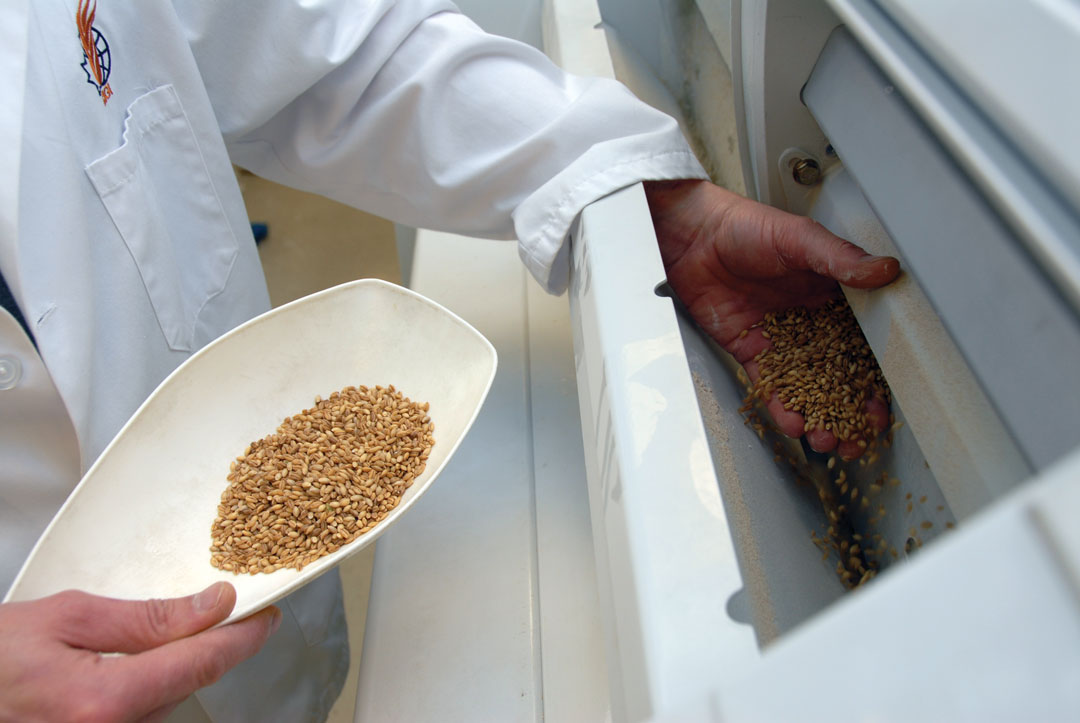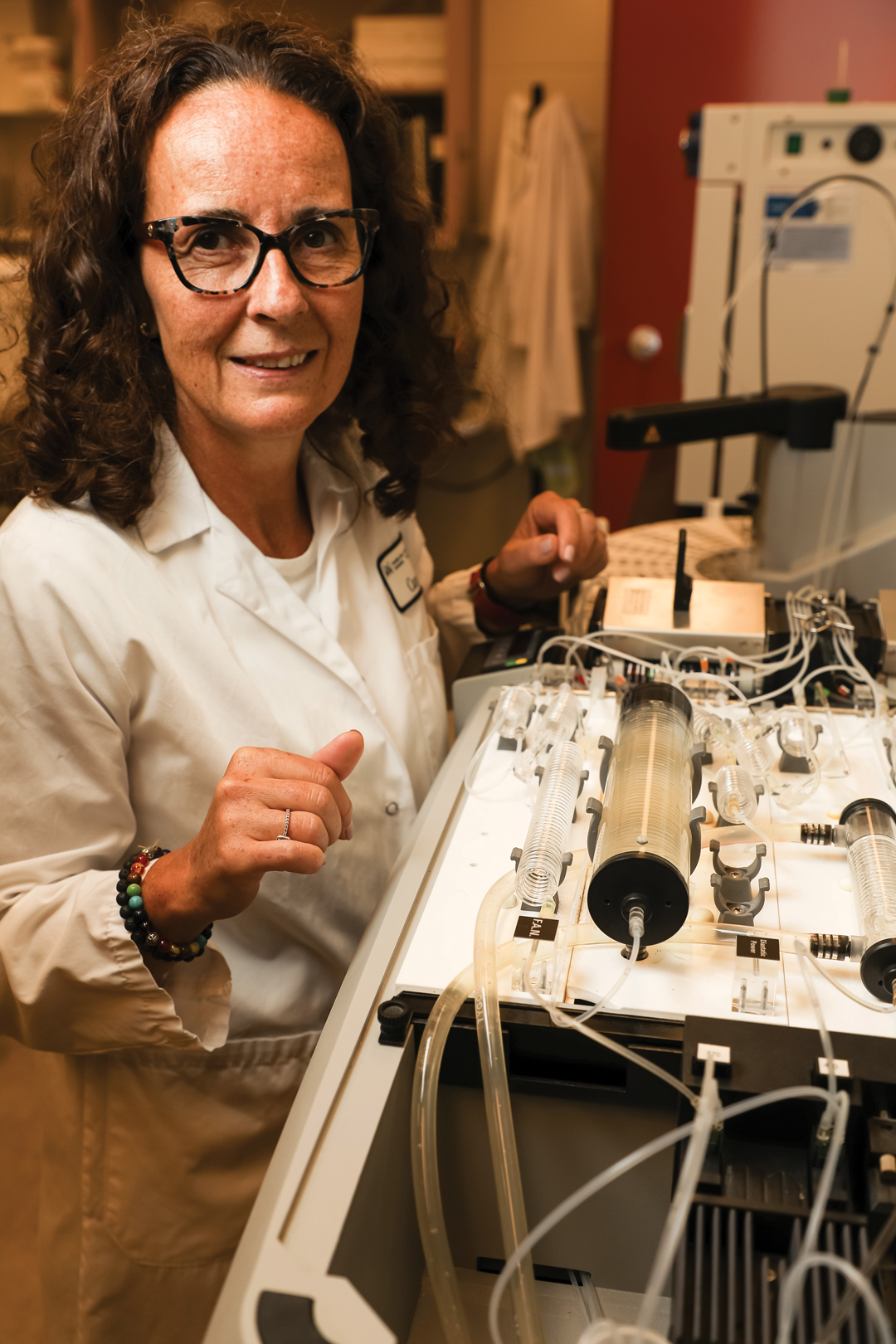A HIGH-QUALITY BLEND
BY BRENNA MAHONEY • PHOTO COURTESY OF THE CANADIAN NATIONAL GRAINS INSTITUTE
As of June 1, 2020, Cereals Canada and the Canadian International Grains Institute (Cigi) officially joined together as one organization. This amalgamation will facilitate the streamlining of functions and services.
One of the most important benefits of this merger is it has allowed us to continue the important work we had been partnering on in the areas of research, development and innovation for Canadian cereal crops.
Cigi is home to an impressive technology division that has carried out millions of dollars in research intended to keep Canadian wheat competitive. It has also built an international reputation for technical and functional quality analysis and support for Canadian cereals. The amalgamated organization will continue to support this technology division in forwarding innovation within Canada’s cereals industry.
The goal of this work is to understand how the quality of Canadian wheat differs from other global suppliers. With this information, Canada may better market wheat to its clients worldwide. We know that our product is consistently clean and of high quality. These characteristics are, in fact, tenets of our brand, but in gathering technical data, we can bolster these claims.
Supported by the Alberta Wheat Commission, we have extensively compared Canadian wheat to that produced in major competing countries such as Russia and Ukraine. The process has yielded strategically important marketing information.
We now know Black Sea wheat has lower protein content and weaker gluten properties than Canadian Western Red Spring (CWRS) wheat, meaning it produces a lower quality bread. Bread made with CWRS wheat also tends to be bigger and a more vibrant white. We also learned through this research that blending the two wheats can produce better bread overall, making this an attractive option for price-sensitive markets.
Understanding how Canadian wheat flour complements flour produced elsewhere is another overarching focus of our research. Many global markets now buy Canadian wheat strictly to blend with lower quality products and thus improve the characteristics of baked goods.
Bangladesh and Nigeria together buy approximately two million tonnes of Canadian wheat annually for these specific purposes. We believe there is much more opportunity in this area, given the right marketing strategy. This is why our newly unified organizations will continue to make this type of research a priority. We will push to enhance the competitiveness of the Canadian cereals industry and build a sustainable, profitable future.
Inside the Cigi lab
Cigi operates a world-class research facility that analyzes Canadian grain and field crops. The following is a sampling of wheat characteristics that are measured within the lab.
• Percentage of the flour produced by individual wheat samples
• Brightness of the flour produced
• Amount of water the flour will absorb when making dough (bakers prefer higher water absorption)
• Strength and elasticity of the dough produced by the flour
• Amount of energy required to mix the dough (the stronger the gluten, the more energy is needed)
• Shape and consistency of air pockets or cells within the bread
• Volume and colour of bread produced by a set amount of dough
• Overall baking results
To learn more, visit cigi.ca.







Comments